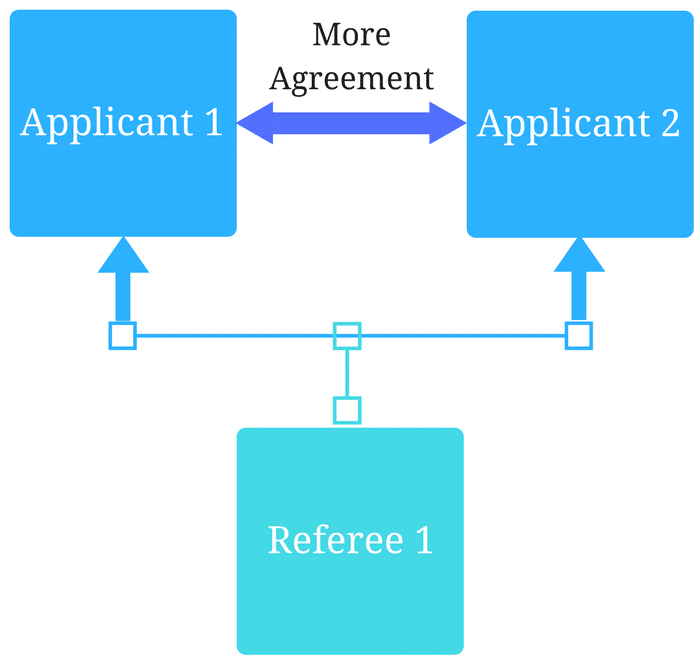New Casper Video Response Reduces Demographic Differences Further

May 1, 2023
The Casper test for 2023-24 now includes video response questions, a significant enhancement based on research demonstrating that audio/video (AV) responses reduce demographic differences.
Our recent study, presented at “Learn, Serve, Lead”, the AAMC 2022 annual meeting, and CCME 2022, the Canadian Conference of Medical Education, revealed compelling evidence of the positive impact of Casper’s video response format on promoting fairness by showing a decrease in demographic differences among applicants.
The research included 182 US Graduate Medical Education (GME) applicants who responded to 2 video sections and 12 typed sections in their Casper test. We used Cohen’s d to assess for differences in SJT scores across demographic characteristics, and here’s what the study found:
- Group differences with AV were substantially lower than typed when comparing Asian, Black, and Hispanic applicants with White applicants
- Similar patterns were observed when comparing low- and high-income applicants, native and non-native english speaking applicants, rural and non-rural applicants, and applicants who did and did not identify as a person with a disability
As a result of these findings, and positive feedback from applicants, our team worked on updating the 2023-24 test to include 6 video response and 8 typed response scenarios.
The new test will help further reduce demographic differences and become an important input into early assessment within the admissions process for surfacing a well-rounded cohort of applicants. rn
Does response format moderate group differences in SJT scores in medical student selection?
Related Articles

How interviews could be misleading your admissions...
Most schools consider the interview an important portion of their admissions process, hence a considerable…
Reference letters in academic admissions: useful o...
Because of the lack of innovation, there are often few opportunities to examine current legacy…
